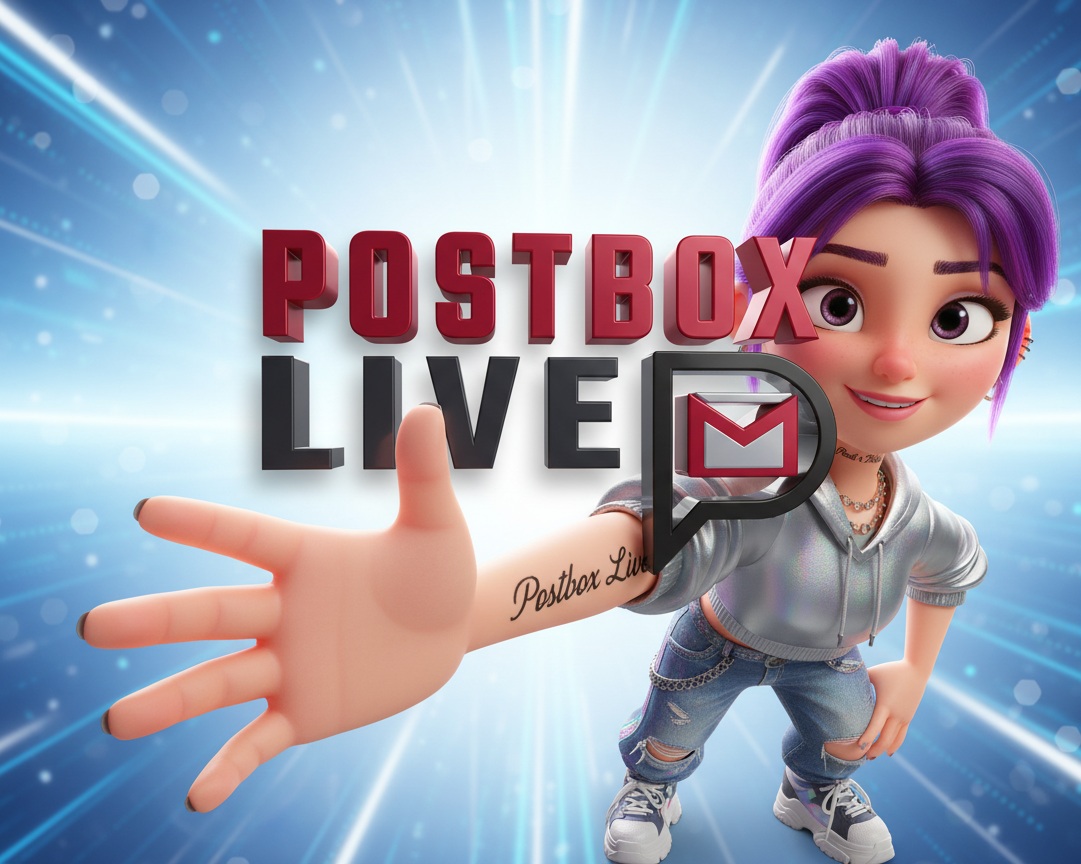Would you let AI arrange your upcoming trip?
Would You Let AI Arrange Your Upcoming Trip?
Jason Brown didn’t rely on a travel guide or Instagram for planning his summer trip to Amsterdam and Ireland. Instead, he turned to ChatGPT, a generative AI platform developed by OpenAI.
Brown, founder of People Movers, a recruiting firm, asked the AI various questions to help build an itinerary for a 10-day trip covering Dublin, Galway, and Amsterdam. He travelled with his wife, two sons (ages 20 and 16), and a family friend.
“I used to depend on TripAdvisor,” he said. “But with AI, I had access to all that information in 15 seconds. It was fantastic.”
AI-Powered Itineraries
ChatGPT suggested a four-day plan for Ireland and a detailed golf schedule for Dublin. It broke down each day into morning, afternoon, and evening activities. For instance, on day one, it recommended visiting Trinity College and Grafton Street before heading to Temple Bar in the evening. In Amsterdam, it highlighted attractions like the Jordaan neighbourhood, the Van Gogh Museum, and the Anne Frank Museum.
While Brown followed many of the AI’s suggestions, he also relied on local recommendations and online communities for hidden gems. “We discovered things that ChatGPT didn’t suggest, but the AI gave us a perfect framework,” he noted.
Rise of AI in Travel Planning
AI is quickly influencing how people plan their vacations. Along with ChatGPT, tools like Microsoft’s Copilot, Google’s Gemini, and platforms like Ask Layla and Trip Planner are becoming popular.
According to a survey by Sainsbury’s Bank Travel Money, 10% of Britons have used AI for travel planning. Another 50% said they might use it in the future. However, many still have concerns.
Flaws in Current AI Tools
The same survey revealed several limitations. About 38% of users found AI-generated plans too generic. Another 37% noted missing information, and 30% encountered inaccuracies.
Caroline Bremmer from Euromonitor International emphasised that generative AI’s usefulness depends on the quality of its data. “If the data is outdated, biased, or false, AI just spreads the misinformation,” she warned. She advised users to verify AI-generated info with experts or locals.
Real-World Examples
Sardar Bali, co-founder of AI travel advisor Just Ask Layla, explained their accuracy strategy. “We have internal tools and a manual review process. Every itinerary goes through two verification steps,” he said. Still, errors occur. “Once it suggested an Eiffel Tower in Beijing. These things happen, but it’s improving daily.”
Expedia also launched an AI service called Romie in its iPhone app. It helps users narrow down destinations, compare options, and plan around specific themes like beach holidays or family trips. “There are countless possibilities,” said Shiyi Pickrell, Expedia Group’s senior VP of data and AI. “Romie helps cut through the clutter.”
Limitations in Practice
Rebecca Crowe, a freelance writer from Liverpool, uses AI for travel but stays cautious. On a trip to Lake Como, AI suggested illogical plans like visiting Bellagio in the afternoon and Milan in the morning, despite impractical ferry and train schedules. “We’d have spent more time travelling than exploring,” she explained.
AI also failed her when finding gluten-free restaurants for a friend. “The results were outdated or just plain wrong,” she said. “I had to cross-reference everything. It didn’t save time.”
Final Thoughts
Crowe suggests using AI as a rough planning tool rather than a definitive guide. “It’s a great starting point if you want a basic idea of what to do in a city,” she said. “But you’ll still need to do a lot of fact-checking.”
As AI tools improve, their ability to assist with travel will likely grow. But for now, travellers should view AI as a helpful assistant, not a replacement for thorough research and local insight.

